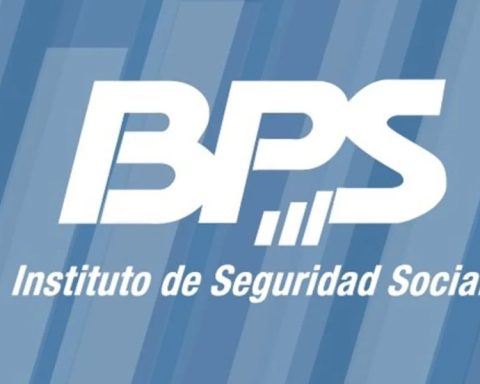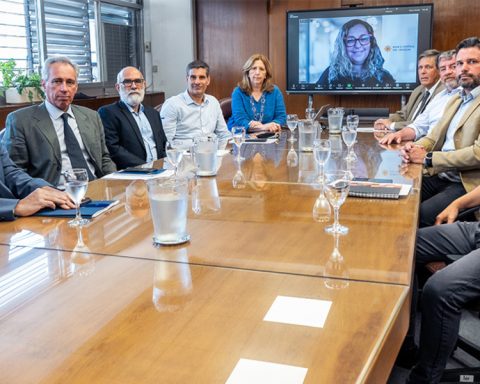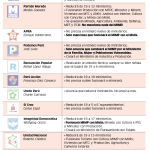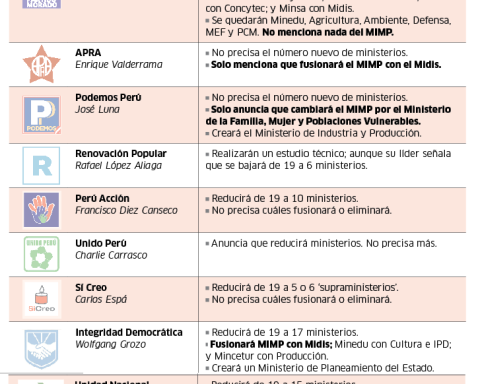Anep presented the first collection of English teaching texts #LivingUruguay, created and designed by Uruguayan public education teachers together with the Directorate of Language Policies. For the first time these books are completely adapted to the national culture.
The collection was created in order to accompany the teaching and learning processes of English as a foreign language to students from Secondary Education centers throughout Uruguay.
In the presentation it was highlighted that their mission is to provide teachers with a greater number of scaffolding and activities so that students can learn with the new manuals more effectively.
The director of Language Policies, Aldo Rodríguez, presented ten interesting facts about #LivingUruguay that he described as a “unique” initiative, because it is the first time that a collection of books on teaching a contextualized language has been carried out in our country in the place of origin. Rodríguez reported that in addition to being available virtually, the books were also printed on paper and will reach each educational center. “All the students will feel identified with them because there are many allusions to customs from all over the country,” he highlighted.
The material counts at the end of each book with proposals for projects to work in the classroom, reviews and allusions to characters from Uruguayan daily life, characters close to the reality of students and resources for teachers.
Lauren Holt, Assistant Counselor for Public Affairs at the US Embassy, pointed out the importance of strengthening ties with Uruguay and stated that “a key way to do this is through the teaching of English. I love the cultural points of these books.” In addition, she celebrated that there are currently several joint initiatives that aim to strengthen English in children and young people in our country.
The president of the ANEP, Robert Silva, thanked the long-term task within the framework of “a linguistic policy of permanent advancement and above all the realization of projects, regardless of who we occupy the places of government.”
“This cannot remain as something else that happens and enters the educational centers. You have to value it and enhance it. It can’t happen like it happened to me when I went to high school that I didn’t study English because they couldn’t buy me the book. We are giving access to everyone and expanding the possibilities through the incorporation of tools that are essential. The recognition of identity issues throughout the country motivates even more ”, she valued.

















